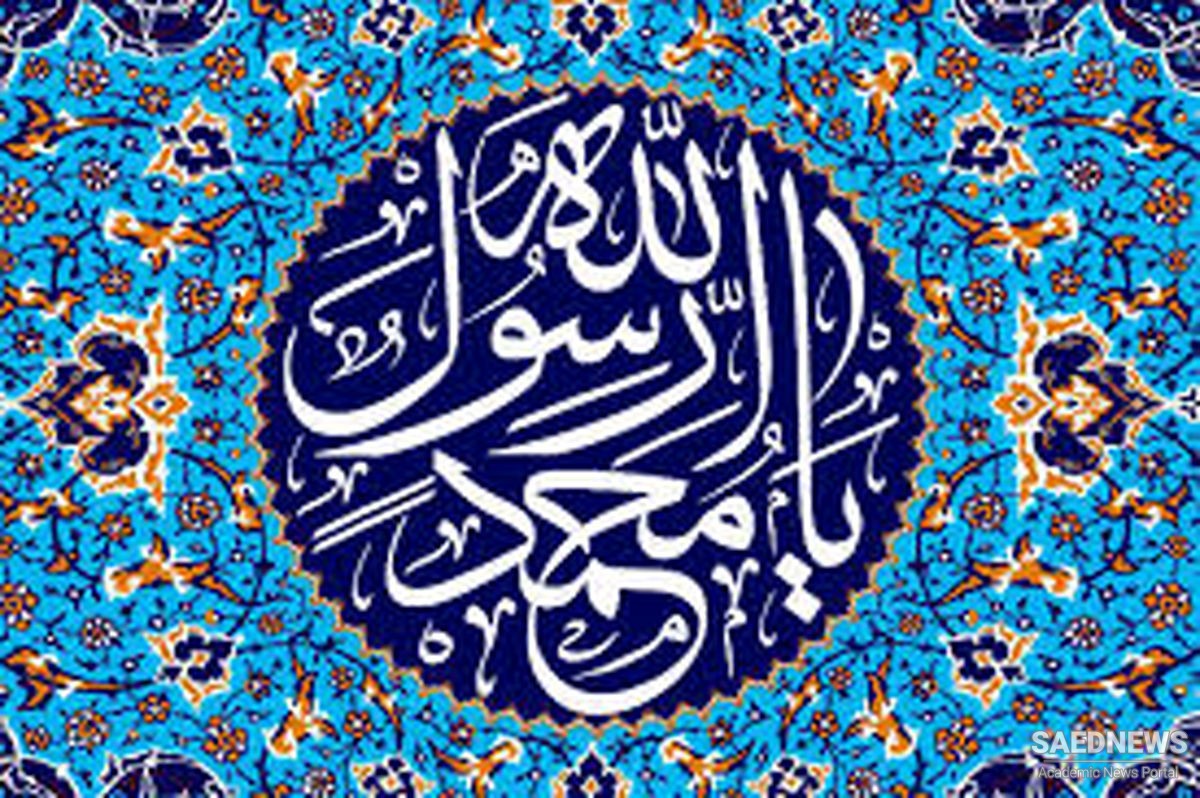As for the Hadith, it too comprises an ocean of wisdom for all aspects of life. Memorized by the companions and transmitted to later generations, it was scrutinized and examined very carefully by generations of extremely devout scholars, both Sunni and Shi'ites who used every means possible to prevent unauthentic sayings from entering into the corpus of prophetic traditions and who of course were the last people in the world to have forged Hadith as some modern critics claim.
The result of their unbelievable industry and scholarship is the collections of lfadith which have been accepted over the centuries by the Islamic community, six prevalent among the Sunnis and called "The Six Correct Books" and four among the Ithna 'ashari Shi'ah, called "The Four Books". Although the actual sayings are very similar, the chains of transmission in the two cases are different, a fact which itself confirms the soundness of the methods followed by the scholars of Hadith and the authenticity of what they did authenticate according to their respective methods. Also the four Shi'ite books contain the sayings of the Twelve Imams along with those of the Blessed Prophet. Moreover, in both cases the Hadiths are divided into strong, relatively strong, weak, doubtful and totally spurious sayings, and elaborate methods of authentication and analysis have been developed which have made the disciplines connected with the study of Hadith one of the most difficult branches of the Islamic sciences.
The Hadith, like the Sunnah, embrace a vast field and include nearly every aspect of human existence. Some are concerned with the nature of God and worship, others with daily life. They include morality, social and economic life, knowledge and education, the nature of the world, eschatology and the afterlife and the spiritual life. The lfadith range from such a tradition as, "God is beautiful and loves beauty," concerning the nature of the Godhead to, "Pay the laborer his wages before his perspiration dries up," involving labor relations. lfadiths are an inexhaustible treasury for study and the conducting of human life.
They are at once a commentary upon the Noble Quran and a mirror of the mind and soul of the man who was chosen to bring the Word of God to mankind. In fact it is the lfadith and Sunnah, both written and oral, inscribed in books as well as upon the hearts and souls of men and women, that have enabled Muslims to emulate the Blessed Prophet over the centuries and keep the torch of Islam alive. But the Sunnah and Ifadith are not simply a heritage from an historical past.
They are associated with the person of one who is "alive" here and now and who is revered and loved by all Muslims now as he was fourteen centuries ago. That is why while his life has been and is studied and emulated by Muslims everywhere, he himself is praised and benedictions asked upon him and his family in prayers and supplications which themselves have survived the ages and are the fruits of the vision of those illuminated souls who, having emulated the Blessed Prophet, have been blessed by intimacy with his transhistorical reality. From this intimacy has flowed those benedictions and prayers through which Muslims have expressed and continue to express their love and respect for the founder of Islam who is their guide in this world and their intercessor in the world to come.


 Holy Prophet Muhammad, Continuous Patronage of the Society and Shia Messianism
Holy Prophet Muhammad, Continuous Patronage of the Society and Shia Messianism














































